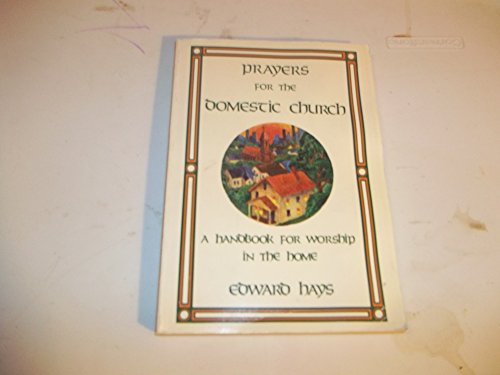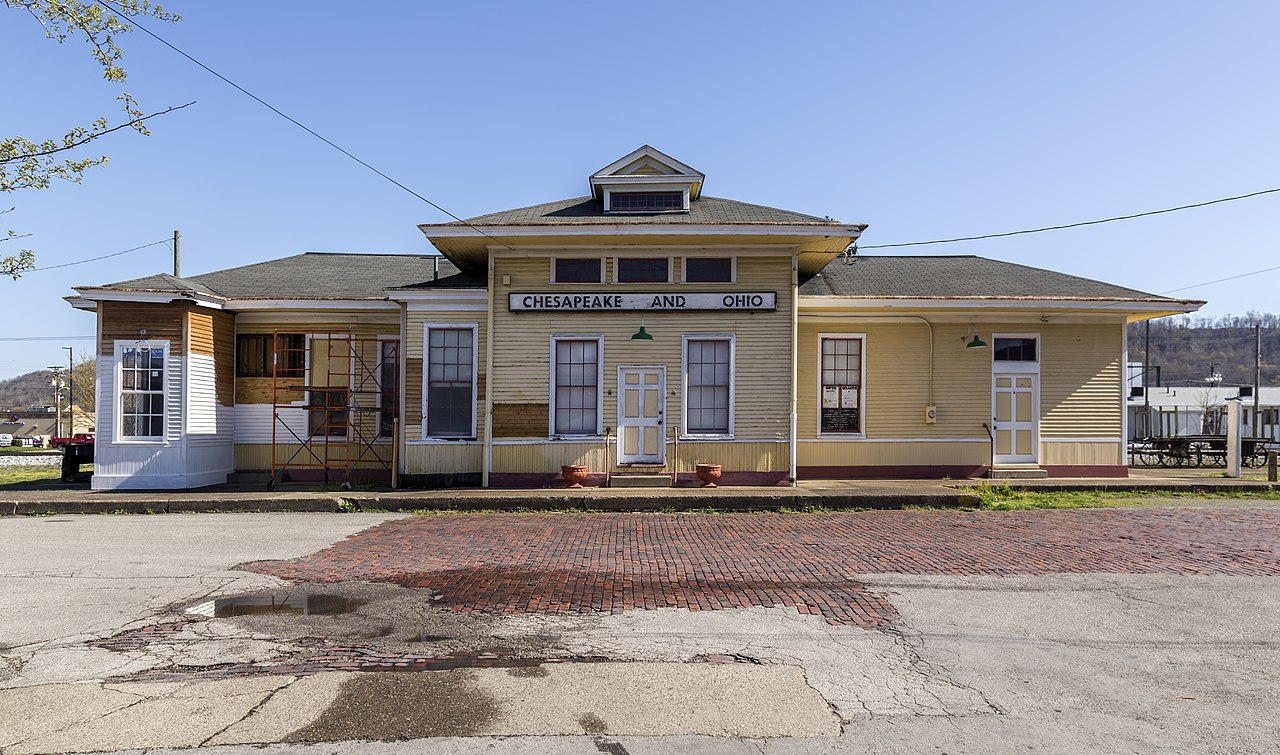Our One Last Good Chance
Leviticus 25:1-7 & Mark 1:14-15
28/July/2019
On the Occasion of my Seventh Anniversary
Judson Memorial Baptist Church
Minneapolis, MN
Rev. G. Travis Norvell
One time my brother-in-law asked my father how long it took my him to learn how to become a bricklayer. My dad replied instantly, “seven years.” My brother-in-law looked skeptically at my dad; my dad sensed this and elaborated a little more, “After two years I could use a trowel, but it took me seven years to master the trowel”.
The movie The Biggest Little Farm tells the story of John and Molly Chester’s attempt to create a farm utopia on an old, hardpacked, dilapidated, lifeless farm an hour outside of Los Angeles, CA. They get advice from a permaculture guru who tells them they have to rebuild the soil first until each teaspoon of soil contains one million microscopic lifeforms in it. So they did just that, they started with the soil and built it up.
They built a worm composting unit. They composted manure from the animals, they planted a diverse variety of fruit trees, crops, and obtained every farm animal imaginable. It looked beautiful and it looked like all would come together within a year. But each season brings new problems, coyotes eat the chickens and snails the size of golf balls come from nowhere and eat the lemons and oranges. The permaculture guru kept telling them, if you’ll rebuilt the soil and diversified the farm all will come together in the seventh year. In the seventh year...
Since my return trip from our racial justice pilgrimage to Memphis, TN last October I have read approximately 20 books on church revitalization/church rejuvenation. Out of those 20+ books I am holding onto this one line from Small Strong Congregations: “Your most productive work will not start until your sixth or seventh year!”
Seven years ago on July 29, 2012 I began, officially, as your pastor.
What is it about seven?
Six days God created then rested on the seventh. Every seven years was to be a sabbatical year where the land rests. Then every seven cycles of sabbatical years shall be a year of Jubilee where debts are forgiven, slaves are set free, and land is returned.
So what are we going to do during this seventh year together?
First, how about what we’re not going to do. No seven year itches.
I feel like we are, emotionally and spiritually, just now ready for the work at hand.
In divinity school the Dean of Students would tell us, “5 will get you 10, 10 will get you 20 and 20 will get you life”. Translated for the pews it means, “If you’re at a church for five years, you should probably stay 10. If you’re at a church for 10 years, you should probably think 20. And if you there 20, that’s probably the only place for you until retirement.”
Going forward I am not thinking of my call here as another step of preparation for another call, I am thinking of our situation more like a rabbinical call: this is it for me. (Think how many times rabbis move around, they don’t).
What we are going to do together this year. We are going to seize the moment.
We have one last good chance to revitalize Judson.
By last good chance I mean while we can still benefit from the resources at hand.
- Our giving increased by 10% from last year. That is unheard of.
- We still have people who can literally move chairs and set up tables.
- While we have kids and youth.
- While we have momentum.
While we still have over 500 people who walk through Judson’s doors each week. 100+ for worship + 200+ associated with Judson Preschool + 100 associated with Meals on Wheels + another 100+ associated with the four counselors who use our building, the Girl Scout group, the opera company who is practicing here, the philharmonic and neighborhood group that has office space here and various sundry outside groups who use the building (and that doesn’t even touch the number of people and families who play on the playground, the people who walk their dogs by, the people that jog by, the people who sit on the steps for a moment). We still have people who visit Judson because of the sermon title or what’s on the sign out front, The Southwest Journal even did a story on Deadra Moore’s sermon title! What zany world are we living in? We still average three visitors per Sunday. While we still have name recognition.
This week a counselor called and asked if I would speak to a client of theirs. Why me? Because years ago they had a positive experience at the Family Life Center that used to be here. We have to seize this moment now before it disappears...
Brothers and Sisters and Siblings the time is now, not next year, not five years from now, not ten years from now. IT IS NOW.
In the 30th year of Jesus’ life he preached his first sermon with an urgency of now. “The time is fulfilled”. In the Greek mind (the New Testament was written in Greek even though Jesus and the disciples spoke Aramaic) there were two ideas of time. There was chronological time (day to day, week to week, year to year time), chronos.
Then there was special time. The time you fell in love, the time you found your calling in life, the time you finally stood up for something or somebody, think of Whitney Houston time
“I want one moment in time
When I'm more than I thought I could be
When all of my dreams are a heartbeat away
When I'm more than I thought I could be
When all of my dreams are a heartbeat away
Or Kenny Rogers and Dolly Parton time,
But that won't happen to us and we got no doubt
Too deep in love and we got no way out
And the message is clear
This could be the year for the real thing
Too deep in love and we got no way out
And the message is clear
This could be the year for the real thing
<iframe allowfullscreen="" frameborder="0" height="270" src="https://www.youtube.com/embed/HQW7I62TNOw" width="480"></iframe>
That kind of time is kairos time, it is what Jesus meant when he said the time, the kairos, is fulfilled. And it kairos for Judson.
I have specifics, you have specifics, but let us center around this metaphor, it’s on the front of your bulletin; it’s simple and it’s straight from theologian Richard Rohr and I think he meant it just for us.
The Bible gives no comprehensive basis why evil exists, why suffering takes place, why human beings experience tragedy. The Bible simply operates with the assumption that chaos exists. We all experience chaos. We all respond to chaos. We went through a divorce, we or a family member or close friend came out as gay or lesbian, a parent died, we miserably failed at something, our dreams were crushed, something tragic or tramautic happened, we stopped believing in God, Christianity stopped making sense, our faith seemed hollow and shallow, and on down the line… Some people respond to chaos with Order. They build safe place amidst the chaos to keep the danger at bay, “Don’t drink, don’t cuss, don’t chew, don’t go with girls that do.” That’s an Order box response to chaos. Some people respond to chaos with Disorder, they define their lives over against the Order they and others built, “Their religion is simple, mine is complex and nuanced”.
Conservative churches are Order Box congregations, Liberal churches are Disorder Box congregations. Neither are mature congregations. Once you jump out of the Order Box, you cannot go back. And once in the Disorder Box you cannot go on in life simply defining ourselves over against what we used to believe.
I recently bought a bluetooth speaker that fits on my bike so I can listen to sermons and podcasts while on rides. I have crossed a threshold of supreme preacher nerdom. Oh the looks I’ve received over the past couple of weeks. While listening to Richard Rohr’s explain his simple metaphor of boxes for the spiritual life I had to pull over. That’s it. Hallelujah. Over the past few months I’ve been banging my head over and over against the Disorder Box. I kept thinking if we just do it better then we won't need to change, just do it better. But Rohr invited me to another place, to the Reorder Box, to the reorder pastor, to the Reorder Judson.
Have you seen the movie or read the book A Man Called Ove? It tells the story of an aging Swedish widow whose life of Order collapsed after his wife died, he was laid off from work, and a pregnant Iranian woman moves next door. He tries to die by suicide but each time his attempts are thwarted. He quickly moves from Order to Disorder. As he moves moments of tenderness, compassion, humor and grace emerge. By the end he is in the midst of a Reordered life. The same is true for Best of Enemies the story of desegregation in Durham, NC centered on two people, one the leader of the local Klu Klux Klan chapter and the other is a community activist. Order is clear, the other is the enemy. Disorder - desegregation and they are ordered by a judge to work together to provide a way forward. Reorder - they both changed and became lifelong friends and worked together for the common good.
If we are going to live into the new life God has for us in kairos time we will do so in the “Reorder Box”. There is healing after pain, there is reconciliation after being harmed, there is getting up after failures, there is belief after doubt, there is life after death. We don't have to apologize for the Bible, we don't have to be embarrassed that we’re a church, we don't have to be ashamed that we’re Baptist (because in a few years folk won’t even know the difference between Lutheran and Baptist anyway). What we have to do is live honest, compassionate, loving, authentic, vulnerable, Christ-centered lives. Let us take the gifts from the Order Box and the gifts from the Disorder Box and let us pilgrim together to the Reorder Box.
Brothers and Sisters and Siblings this will be difficult. Another line I’m holding onto, “The experienced church leader has learned that while renewing an established congregation may take only half as many radical ideas as projected, it will take twice as long as anticipated, and be three tims more difficult than ever imagined. We can never underestimate the time and energy required”. And yes we’re all have to sacrifice our sacred cows, so what? This is our last good chance, while the opportunity is present, while we still have the energy and potential, while folk still harken our doors, while we still have name and recognition to cash in on... What are we waiting for? The time, kairos, is now. Let’s do this.






